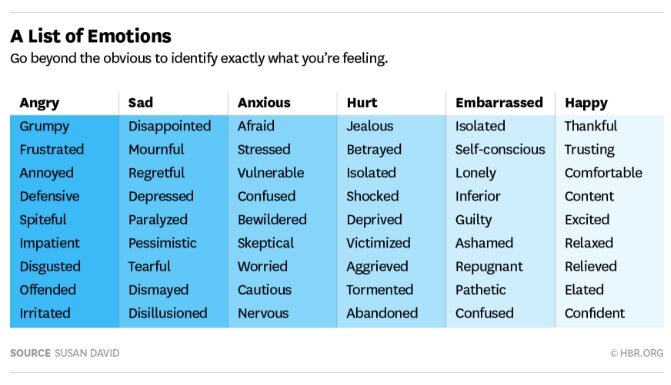Understanding Intrapersonal Skills and Emotional Self-Awareness
Join us as we begin a 3-part series on emotional intelligence and teenagers, starting off with intrapersonal skills.
Emotional intelligence (or EQ) and teenagers may not go hand-in-hand at first glance, but thankfully more and more teens are discovering the importance of having EQ skills. As someone who works with leaders of all backgrounds — whether in business, medicine or education — I am more aware than ever that emotional intelligence is critical to a leader’s effectiveness and that the earlier a leader develops these skills, the better.
What are Intrapersonal Skills?
Intrapersonal skills are a set of abilities that help you understand your own emotions and communicate those emotions to others. They include self-regard, emotional self-awareness, emotional expression, assertiveness and independence. These skills are equally important, but if I had to choose one to dive into, it would be emotional self-awareness.
Emotional self-awareness simply means being aware of how you’re feeling and why. When children become teenagers, they experience a range of profound physical and social changes. According to experts, teen brains are only around 80 percent developed. The part of the teen brain not yet fully developed is the frontal lobe, which manages emotional control, impulse control, judgment and insight. For this reason, it can be difficult for teens to understand their own emotions, but there are ways to help.
Flex Your Intrapersonal Muscles
Simple questions and exercises can help you better understand how you are feeling in a given moment and put a name to the emotions you experience. Parents, practice using these strategies to open communication with your children. Students, share these with your parents, guardians or another trusted adult who knows you well and can help you as you develop your emotional self-awareness.
Question: What makes you feel really happy? Really sad? Really mad? What’s happening physically when you feel these emotions? For instance, some people experience stomach aches when they feel really stressed, while others may feel their face get hot when their temper flairs. Do you behave differently? Do you treat others differently?
Question: Can you identify any emotions that you experience only around those with whom you feel most comfortable? Why do you think that is?
Exercise: Identify your feelings by writing down or verbally sharing your “I feel” statements with your parents, guardians or a trusted adult. Use the list above to find the right words to identify your emotions. For example:
I feel relieved when __________________________________.
I feel self-conscious about myself when___________________.
I feel content with myself when _________________________.
I feel ____________________when _____________________.
The most important thing is to recognize that you are still developing and learning. The next thing is to understand why these emotions are happening. With recognition and understanding comes knowledge. Knowing your emotional triggers can help you manage your feelings and decide whether to engage in an activity or relationship that’s likely to provoke strong emotions. Knowing your emotions will not only help you navigate your teenage years but also face the challenges life throws at you as an adult. After all, we’re all still works in progress!
By Shawna Kovacs
Shawna is the mother of a fabulous teenage girl who is also an Ambassador Leaders alumna. Shawna is Founder and Partner of Leaders Required – a training firm focused on Leadership Development with an emphasis on Emotional Intelligence.




